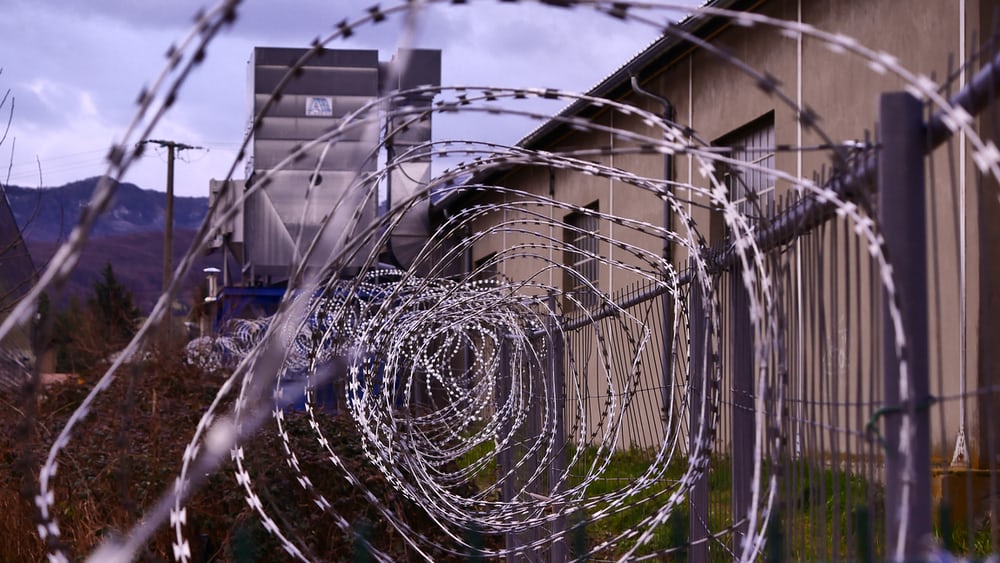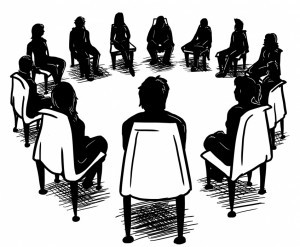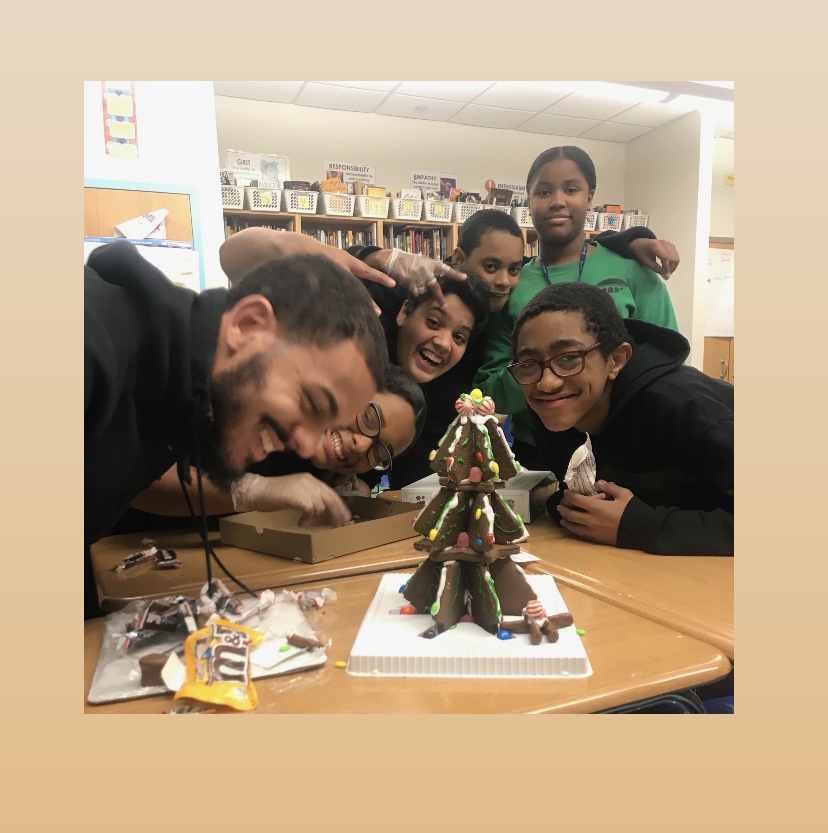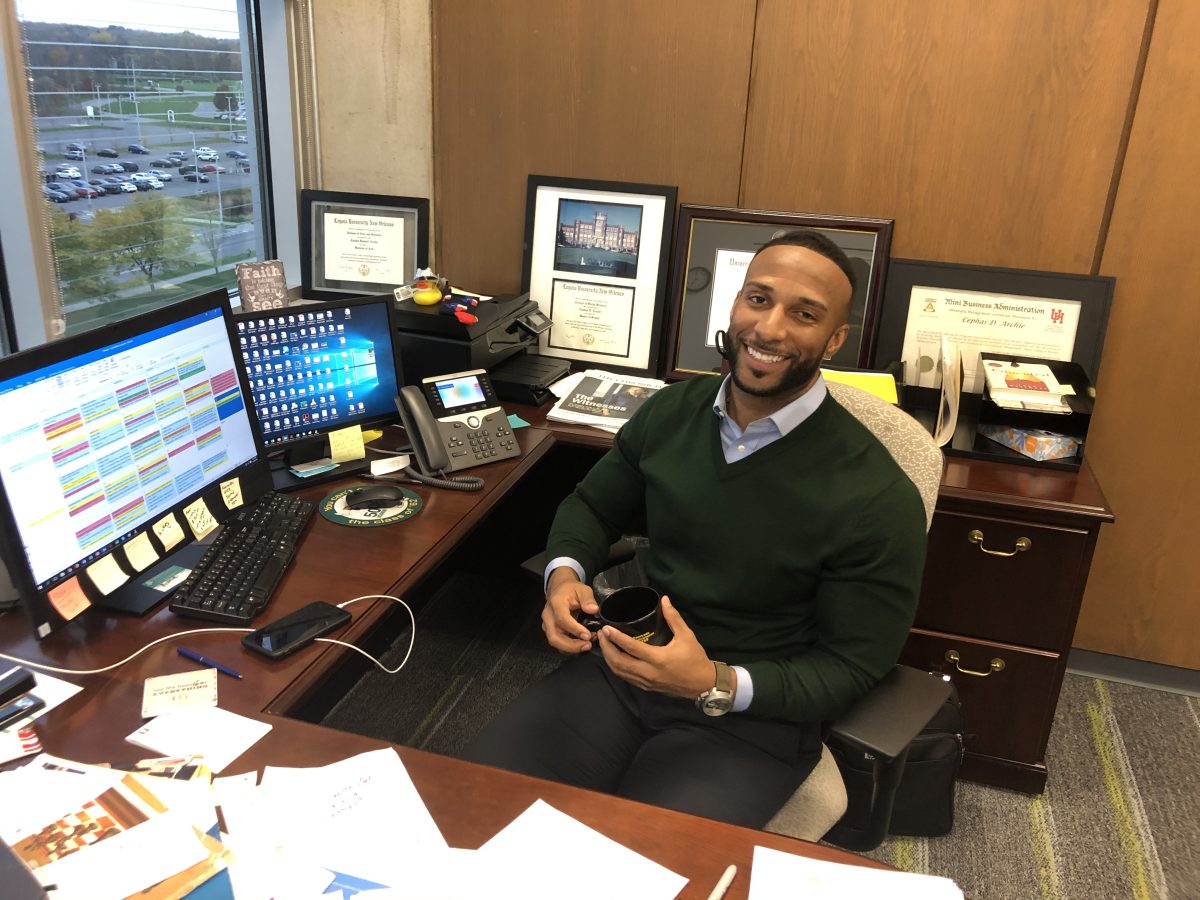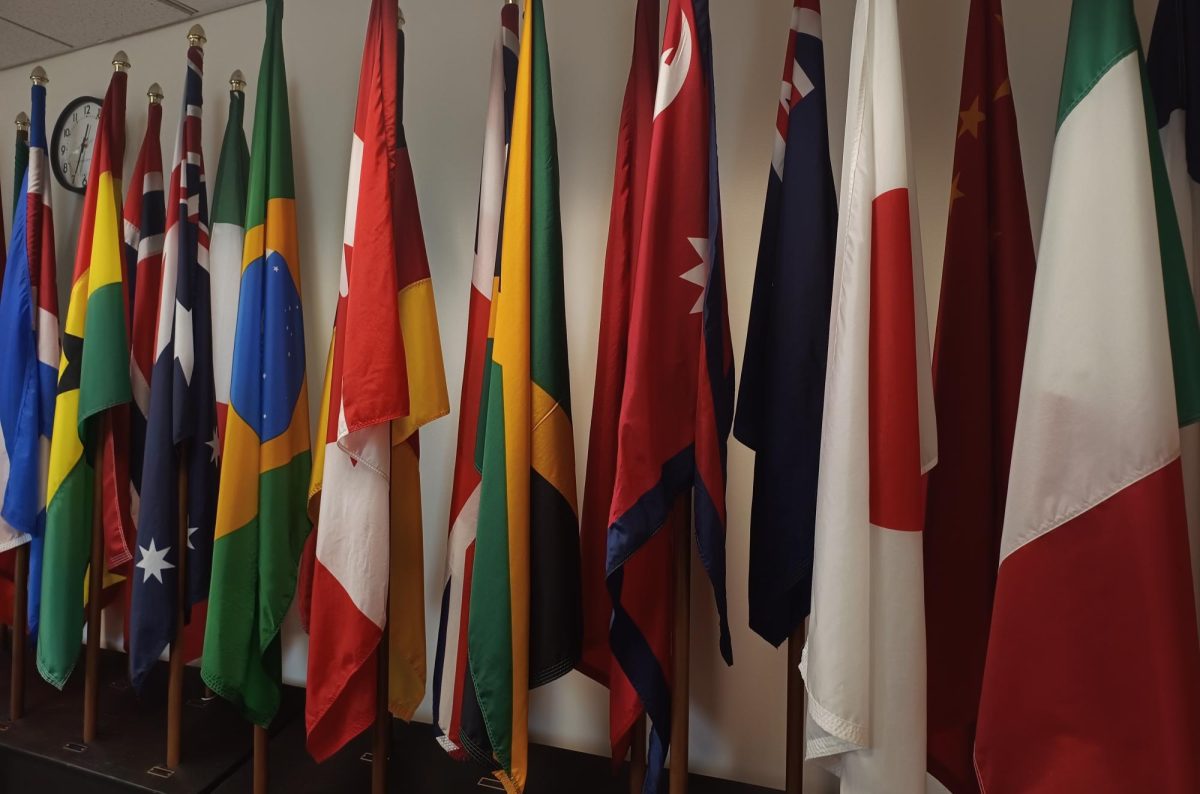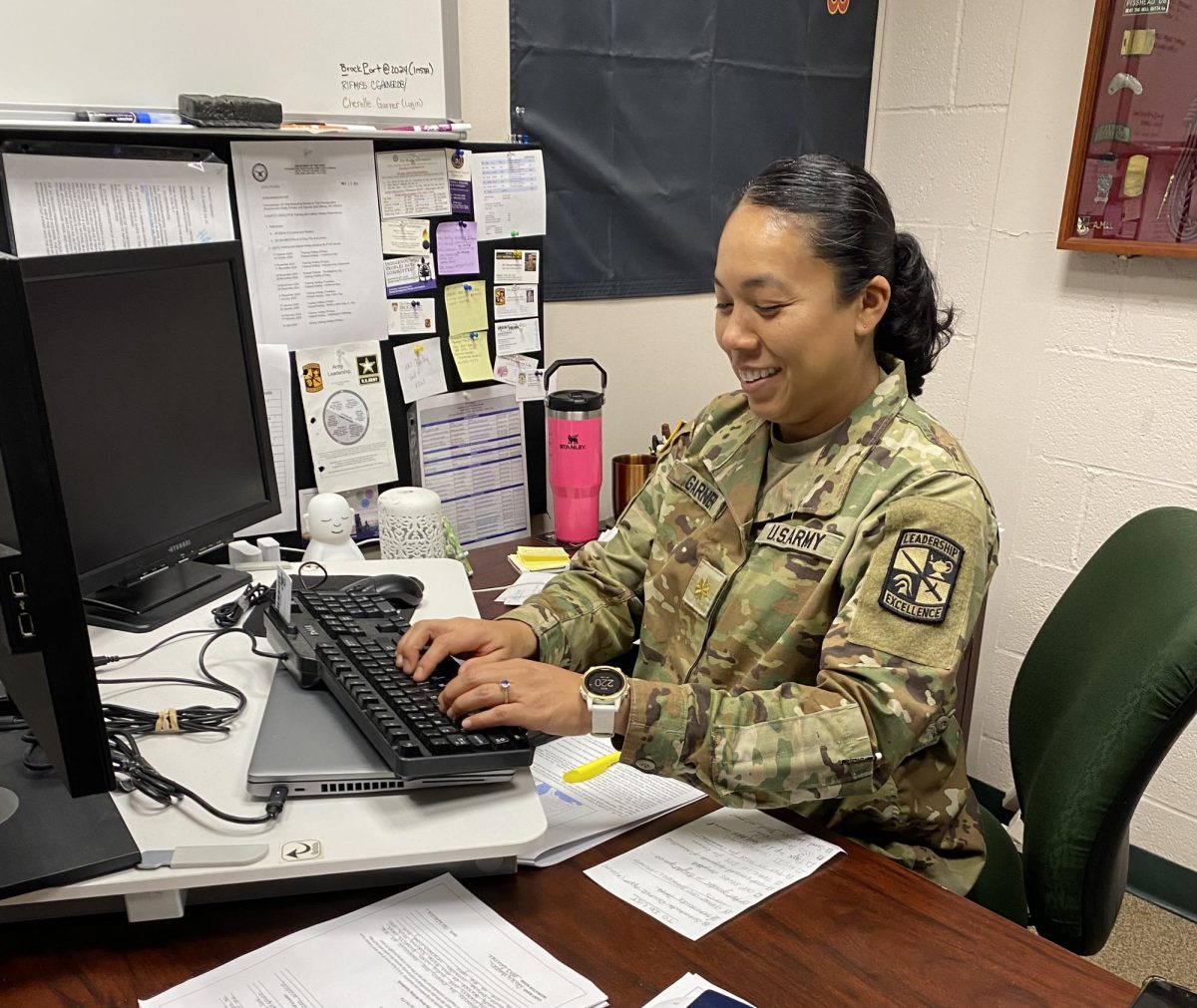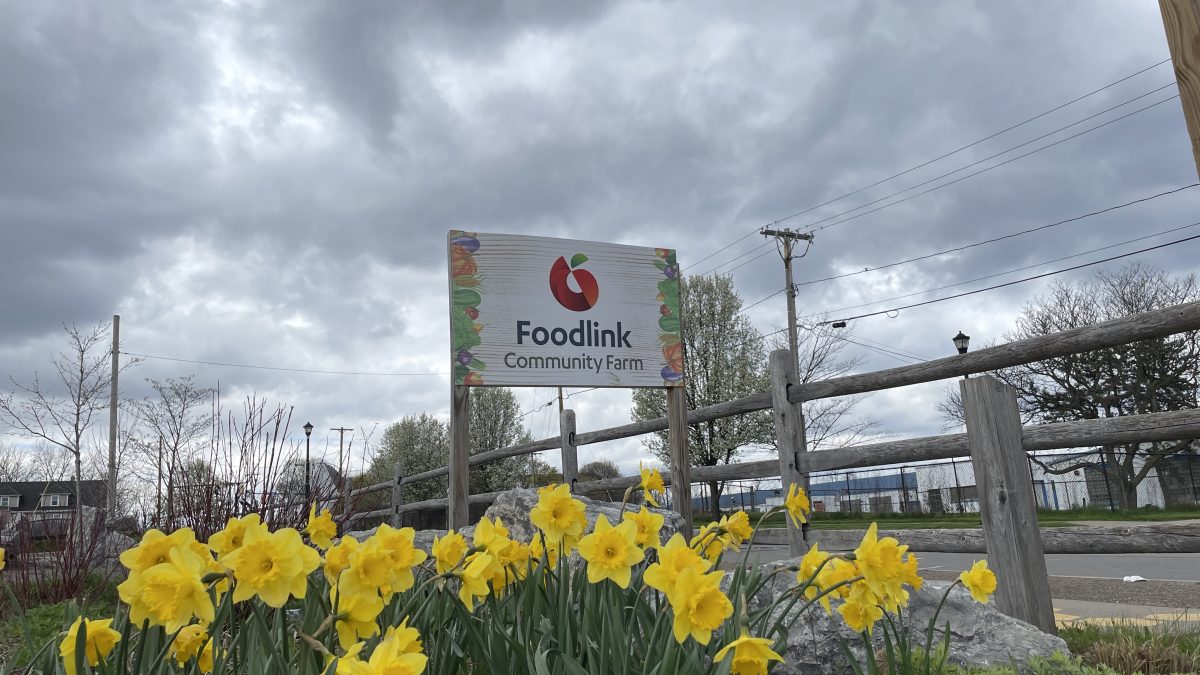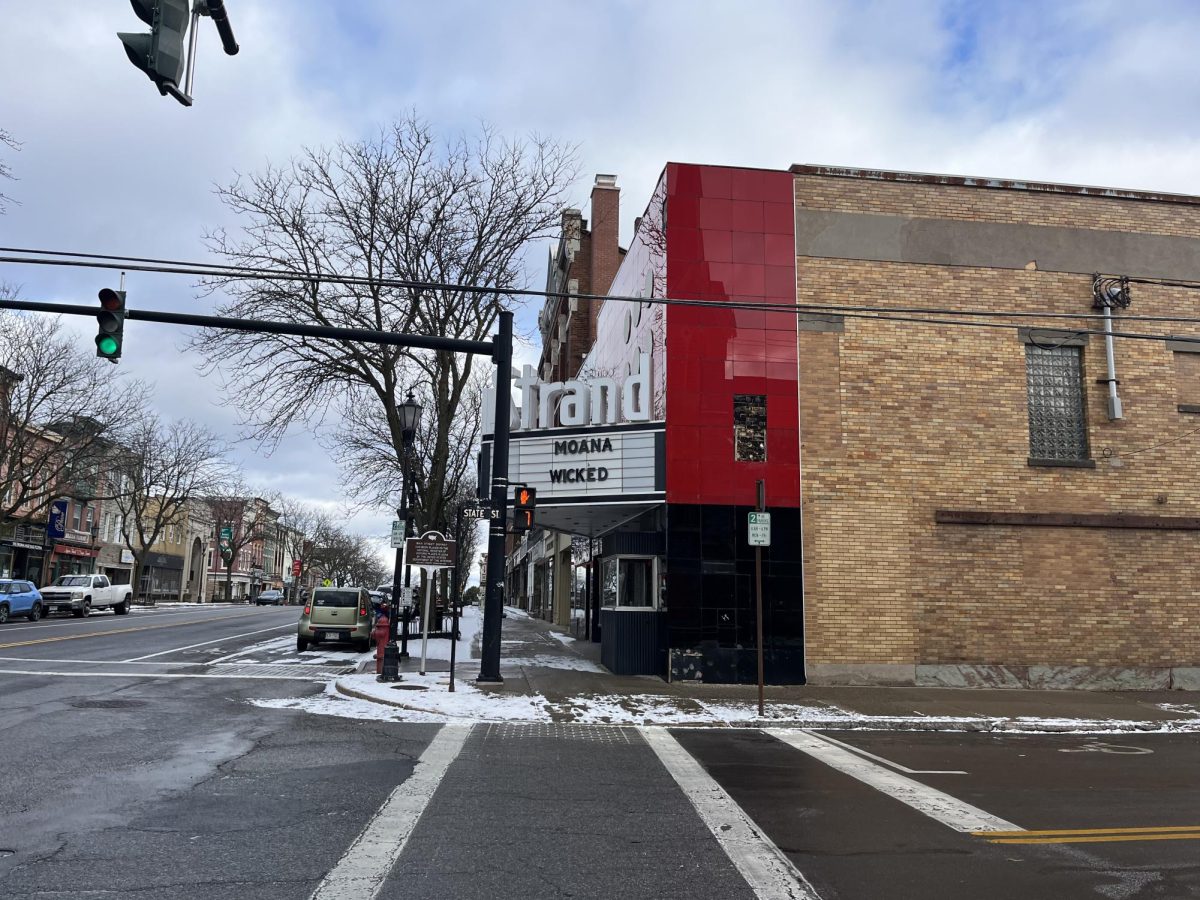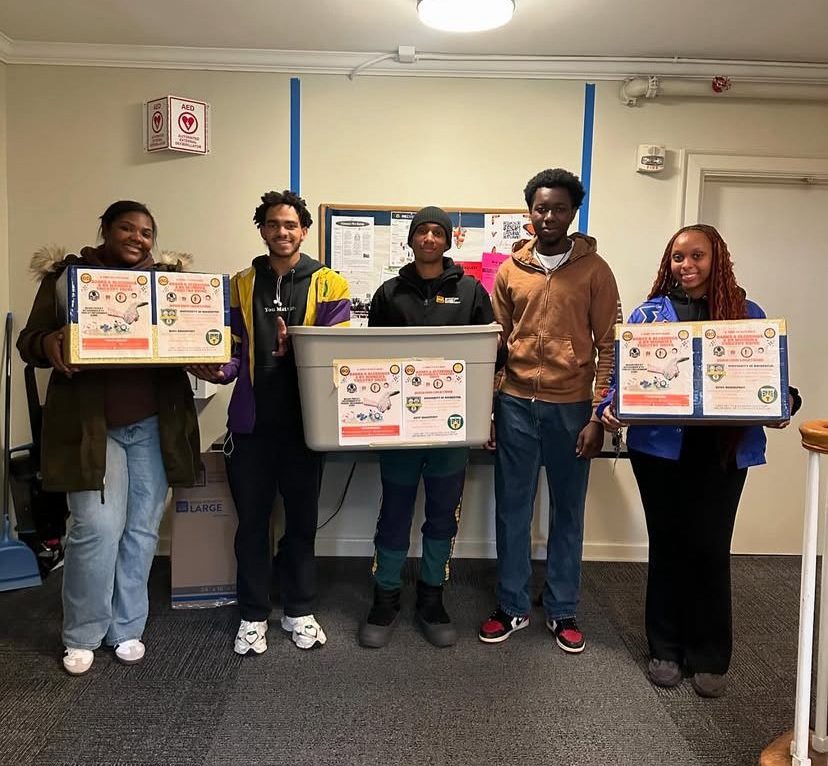Social institutions have been impacted in innumerable ways since the initial spike of coronavirus last spring. Leaving many people discombobulated and forcing them to adapt their personal, social, and professional lives accordingly.
A profession that has been affected heavily by the pandemic is teaching. Educators are used to personally interacting with students every day for extended periods. But the uncertainty and danger coronavirus has wrought made that nigh impossible.
Stephen Merritt is a high school US history, civics and government teacher at The Charles Finney School, a private K-12 Christian school in Penfield, New York.

“Burn out has been higher among the staff for sure,” Merritt said. “A lot of the Finney staff is older, and I’ve had a couple teachers that have broken down in tears in front of me because they don’t know how to do this technology stuff. I’ve been trying to help them out, but it’s just taxing, it’s a new layer of stress on an already stressful job.”
Beth Merritt – Stephen’s wife – is also a teacher, working at World of Inquiry School No. 58 where she teaches special education middle school students in the city of Rochester.
“School was all remote until a few months ago we went hybrid,” Beth said. “Kids are definitely struggling online, a lot of them have parents working so they don’t have someone to coach them through it.”
In addition to mounting difficulties within the classroom, teachers like Beth have to cope with pressure from both parents and administration.
“A kid doesn’t do well, and the parents are on you then the administration is on you because the state is on them,” Beth said. “I had one parent chew me out, threaten to call the cops and to sue me personally. There’s nothing they can do, but it’s still very trying. There’s no real way to service middle school and elementary kids online, especially when they struggle with reading or learning disorders.”
In order to protect themselves and preserve the safety of their pupils, teachers have had to adapt to new guidelines and radically alter their teaching styles.
Kyle Skovira is a restorative practice coach at Genesee Community Charter School with four years of experience teaching eighth grade English in the Rochester City School District. Currently, he teaches a kindergarten to sixth grade social emotional learning class exclusively online. In the past year, he has witnessed a major shift in how academics are structured and how classes are conducted.

“I teach one social emotional learning class per week and offer support to staff primarily,” Skovira said. “Every day is a unique challenge, particularly the change in learning format. We’ve had four different school openings, the first day of school stuff with four different models of learning. I think that’s pretty challenging, especially for our youngest learners who didn’t have a pre-K experience because they were all closed due to the pandemic.”
The communal benefits of school where children get to interact and learn social skills cannot be denied. However, few opportunities for such activities are possible since schools must comply with coronavirus safety regulations.
“I would say social distancing has definitely impacted classrooms tremendously,” Skovira said. “I’m thinking about the kindergarten class in particular where play, learning together, small groups and mixing in new materials really has fallen by the wayside given the new CDC guidelines requiring a minimum of three feet. I have seen the trauma really come out this year. We have some students who just don’t have the support system at home, or all their basic needs met. You add the layer of a pandemic and that only intensifies that behavior.”
The process of readjusting school to a world controlled by coronavirus has left all parties involved burnt out. Many students do not have an intrinsic drive to invest themselves in online classes. In a society rife with inequality and a stark digital divide, students are unable to pursue academics on a level playing field.
“Learning from home has been most detrimental for those kids who are on the bubble where they need that motivation of being in school to actually do any work,” Merritt said. “The lower the socio-economic status, the worse they are with isolated learning. This whole style of learning really only helps the upper class because they have the technology oftentimes and they have invested parents. Unless you have a kid, who is one of those ‘I’m going do it myself’ types then they are going to fall to the wayside.”
The past year of the pandemic has forced several underlying societal phenomena to surface. In education, it has revealed how ill-equipped academic institutions are to deal with changing conditions. More importantly, it has laid bare the rampant inequality present in the US that leaves teachers overworked and underappreciated and students poorly prepared for the real world.



















